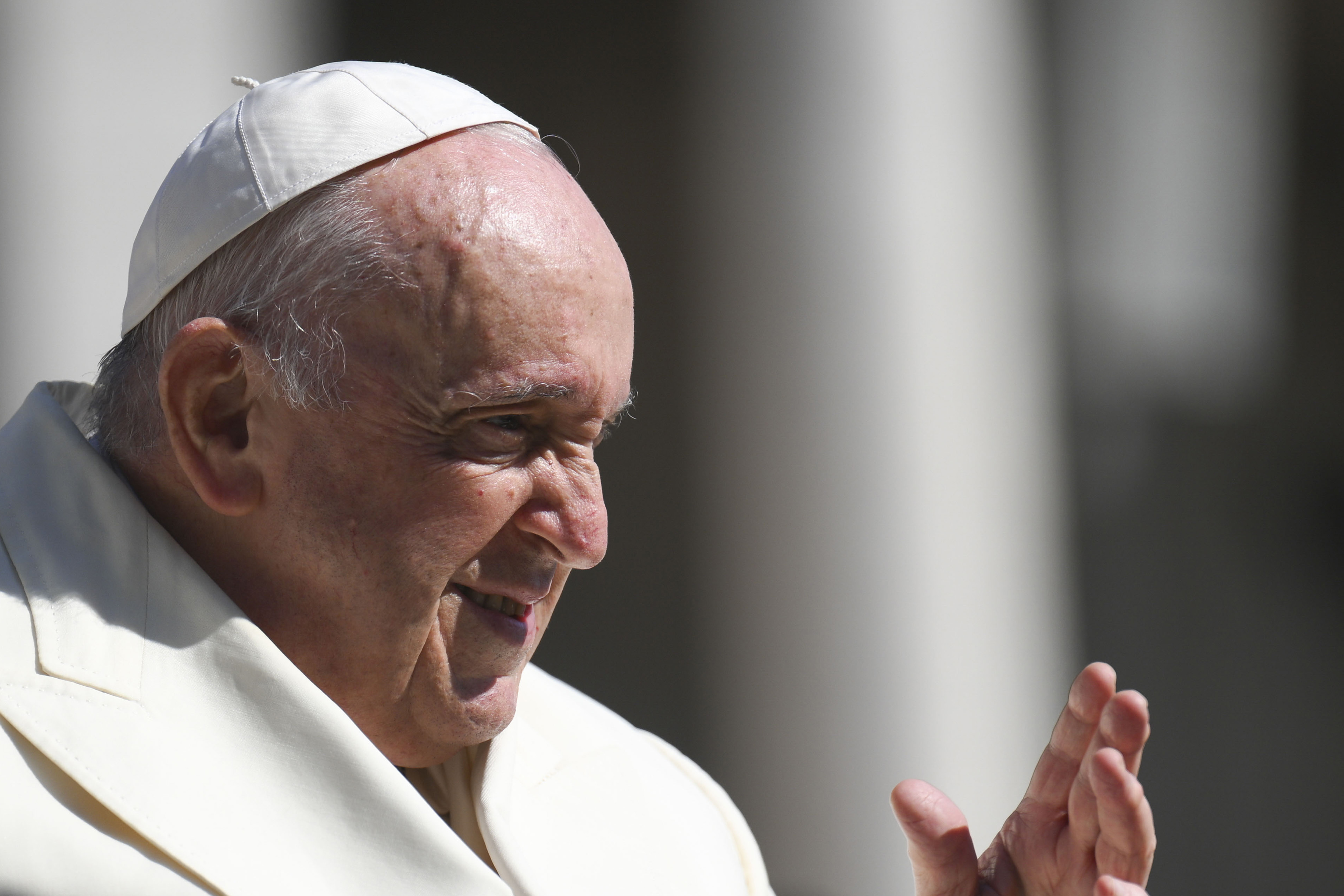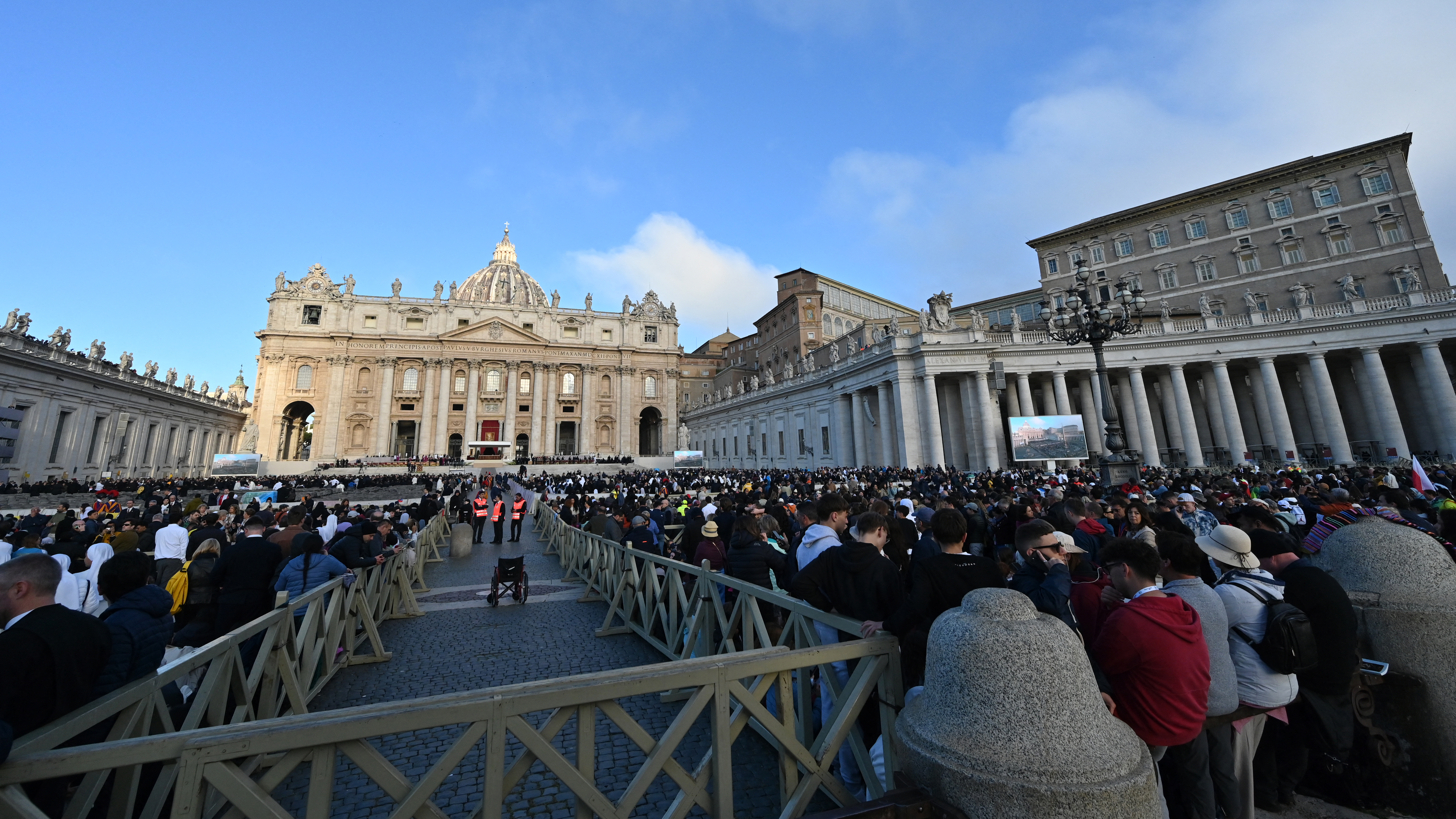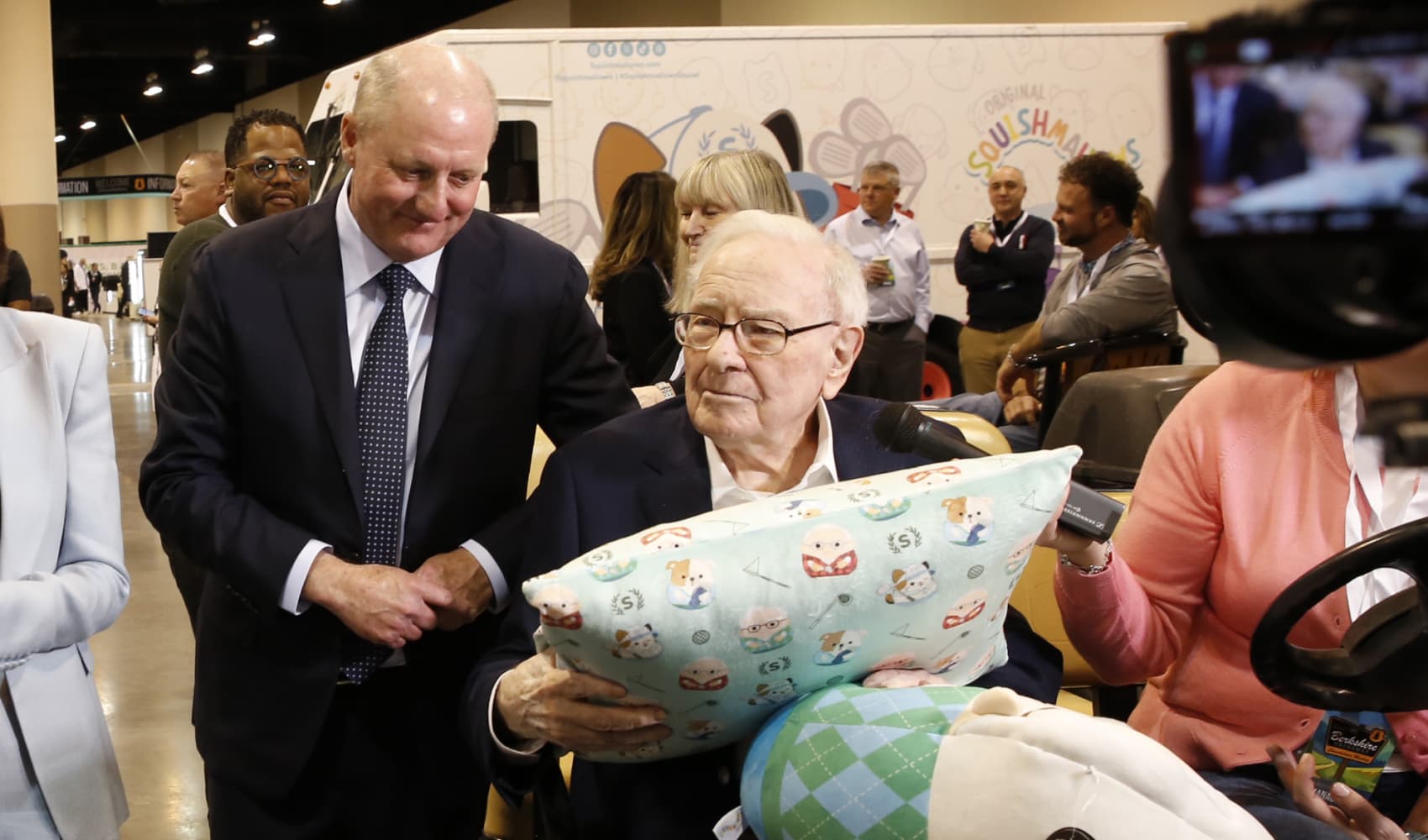Pope Francis Dies: What Happens Next in the Catholic Church?
Pope Francis is Gone: What Happens Next to the Catholic Church?
The Passing of a Pope: A Moment of Reflection
It's a somber moment. Pope Francis, at the age of 88, has passed away after battling pneumonia and bronchitis. Whether you are a devout Catholic, a casual observer of world events, or somewhere in between, the death of a pope is undeniably significant. The world watches, wondering what happens next. So, what *does* happen? Let's delve into the intricate process that unfolds when the leader of the Catholic Church transitions from this world.
The Interregnum: A Church in Transition
The period between a pope's death and the election of his successor is known as the *interregnum*, literally meaning "between reigns." Think of it as a period of pause, a time for reflection and preparation before the church moves forward. This is a time of both mourning and anticipation.
Who's in Charge During the Interregnum?
During this period, the day-to-day administration of the Vatican falls to the Camerlengo (Chamberlain), currently Cardinal Kevin Farrell. He acts as a kind of interim administrator, ensuring the smooth functioning of the Vatican bureaucracy. However, he doesn't have the authority to make major decisions or introduce new policies. That's reserved for the next pope.
The College of Cardinals: Stewards of the Church's Future
The College of Cardinals plays a crucial role in the selection of a new pope. But who are these Cardinals? They are senior members of the clergy, appointed by the pope, who serve as his closest advisors. Essentially, they are the electors of the new pontiff. Only Cardinals under the age of 80 are eligible to vote in the papal conclave.
Duties of the Cardinals Before the Conclave
Before the conclave begins, the Cardinals have several important duties to perform. These include:
- Officially confirming the Pope’s death.
- Organizing the funeral rites for the deceased Pope.
- Making arrangements for the conclave, including ensuring the security and secrecy of the proceedings.
- Hearing reports on the state of the Church.
Papal Funeral Rites: Honoring a Life of Service
The death of a pope is marked by a period of mourning and elaborate funeral rites. These ceremonies are a testament to the Pope’s life and service to the Church. The specific rituals have evolved over time, but generally include a series of Masses, public viewings of the Pope’s body, and a final burial in the crypt beneath St. Peter's Basilica.
The Nine Days of Mourning
Traditionally, there are nine days of mourning (Novem Novendialis) observed after the Pope's death. This period is filled with special Masses and prayers for the repose of his soul.
The Papal Conclave: Electing a New Pope
The Papal Conclave is perhaps the most fascinating aspect of the process. It's a closed-door meeting where the Cardinals gather to elect the next pope. The goal? To discern God's will and choose the best leader for the Catholic Church. The conclave takes place in the Sistine Chapel, a location steeped in history and artistic grandeur.
Secrecy and Isolation: Protecting the Process
One of the defining features of the conclave is its strict secrecy. The Cardinals are sequestered from the outside world, with no access to newspapers, television, or the internet. This isolation is intended to protect them from outside influence and allow them to focus solely on their spiritual discernment. Think of it as a spiritual retreat, focused on choosing the next leader of the Church.
The Voting Process: Ballots and Smoke Signals
The Cardinals cast secret ballots to vote for a new pope. A two-thirds majority is required for election. If no candidate receives the necessary votes, the ballots are burned with a chemical that produces black smoke, signaling to the world that a decision has not yet been reached. When a pope *is* elected, the ballots are burned with a chemical that produces white smoke. This is the famous "white smoke" moment that captivates the world. It’s a signal of hope, a sign that the Church has a new leader.
Habemus Papam: We Have a Pope!
When a Pope is elected, the senior Cardinal Deacon announces "Habemus Papam!" ("We have a Pope!") from the balcony of St. Peter's Basilica. He then reveals the new Pope's chosen name. This is a moment of jubilation for Catholics around the world. The newly elected Pope then appears on the balcony to greet the faithful and deliver his first blessing, "Urbi et Orbi" (to the City and to the World).
Potential Candidates: Who Might Be the Next Pope?
Speculation about potential candidates for the papacy, often referred to as "papabili," begins long before a Pope's death. The Cardinals themselves are often tight-lipped, but that doesn't stop the rumors from swirling. It’s a bit like trying to predict the winner of a major election. Factors that might influence the choice include the candidate's theological views, pastoral experience, and leadership qualities.
Geographic Considerations: Looking Beyond Europe?
For centuries, the papacy was largely dominated by Europeans. However, with the growth of the Catholic Church in other parts of the world, particularly in Africa and Latin America, there has been increasing pressure to consider candidates from these regions. Could we see a Pope from the Global South in the near future? It's certainly a possibility.
The New Pope's Challenges: Leading in a Changing World
The new Pope will face a multitude of challenges. These include addressing issues such as:
- The clergy sex abuse crisis.
- Declining church attendance in some parts of the world.
- Economic inequality.
- Environmental concerns.
- Interfaith dialogue.
The new Pope needs to be a strong leader with the wisdom and courage to navigate these complex issues.
The Resignation Option: A Modern Precedent
Pope Benedict XVI's resignation in 2013 broke with centuries of tradition. While unexpected, it set a precedent for future Popes who may feel unable to fulfill their duties due to age or health reasons. Could future Popes consider resignation a more viable option? It's certainly something to consider.
The Lasting Impact of Pope Francis: A Legacy of Reform
Pope Francis leaves behind a significant legacy. He is known for his emphasis on mercy, his concern for the poor, and his efforts to reform the Vatican bureaucracy. His papacy has been marked by a more pastoral and approachable style, resonating with many people around the world. His impact on the Catholic Church will be felt for many years to come.
A New Chapter for the Catholic Church
The death of a Pope marks the end of an era and the beginning of a new chapter for the Catholic Church. The process of electing a new Pope is a complex and sacred one, steeped in tradition and symbolism. As the world watches, the College of Cardinals will embark on a journey of discernment, seeking to choose the best leader for the Church in these challenging times. The future of the Catholic Church rests in their hands.
Conclusion: Key Takeaways
The passing of Pope Francis sets in motion a well-defined series of events. From the interregnum, managed by the Camerlengo, to the solemn funeral rites and the intense deliberations of the Papal Conclave, each step is designed to ensure a smooth transition and the selection of a worthy successor. The election of a new Pope is not just a religious event; it is a global moment, capturing the attention of people of all faiths and backgrounds. The next Pope will inherit a Church facing complex challenges, and his leadership will be crucial in shaping its future. The world awaits the white smoke, the "Habemus Papam," and the beginning of a new chapter in the history of the Catholic Church.
Frequently Asked Questions
- How long does the Papal Conclave usually last?
There is no set timeframe. Conclaves can last anywhere from a few days to several weeks, depending on how quickly the Cardinals reach a consensus.
- Can a Cardinal who is over 80 years old be elected Pope?
Yes, a Cardinal over 80 can be elected Pope, even though they are not eligible to vote in the conclave. The Holy Spirit works in mysterious ways!
- What happens if the Cardinals can't agree on a candidate?
If the Cardinals are unable to reach a two-thirds majority after a certain number of ballots, the process can be adjusted. This might involve a period of prayer and reflection, or a change in the voting rules.
- Is there any campaigning or lobbying during the conclave?
Officially, campaigning and lobbying are strictly forbidden. The Cardinals are expected to rely on prayer and discernment to make their decision.
- What are the main qualities the Cardinals look for in a new Pope?
The Cardinals typically look for a candidate who is spiritually strong, intellectually capable, pastorally experienced, and has good leadership qualities. They also consider the needs of the Church in the present moment.


